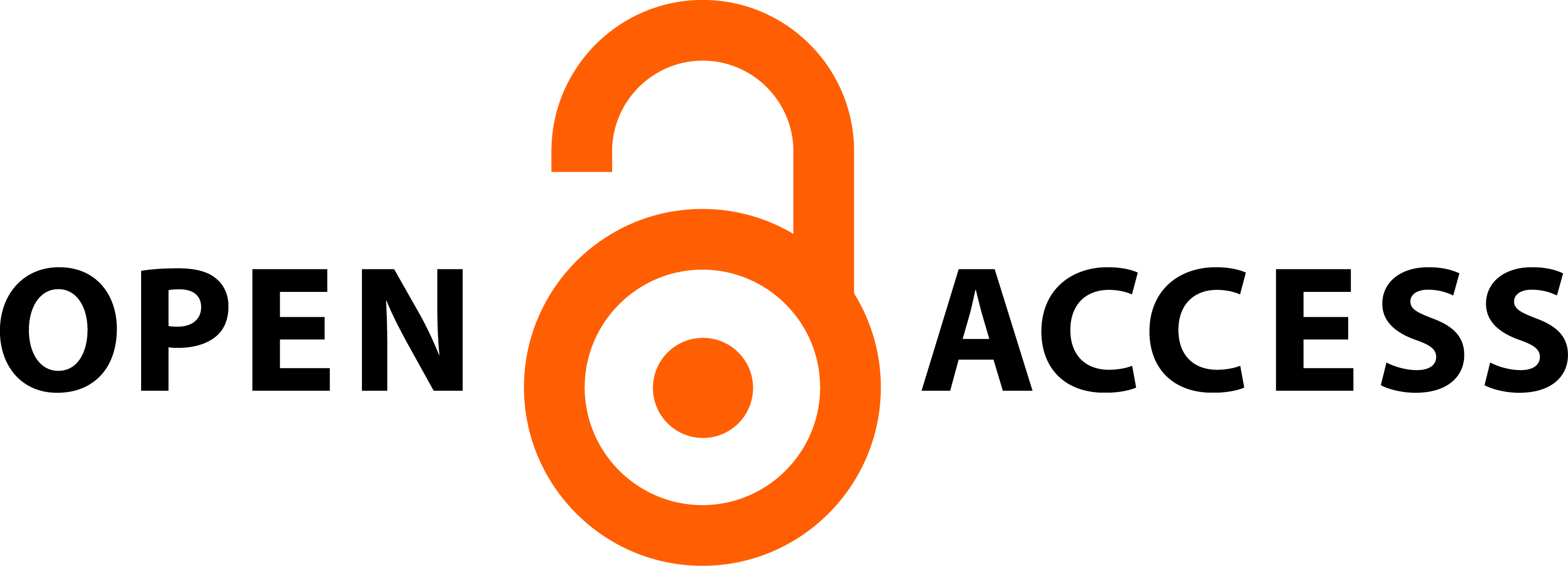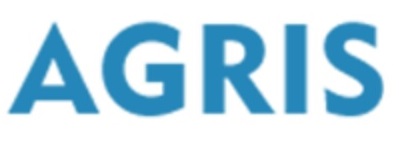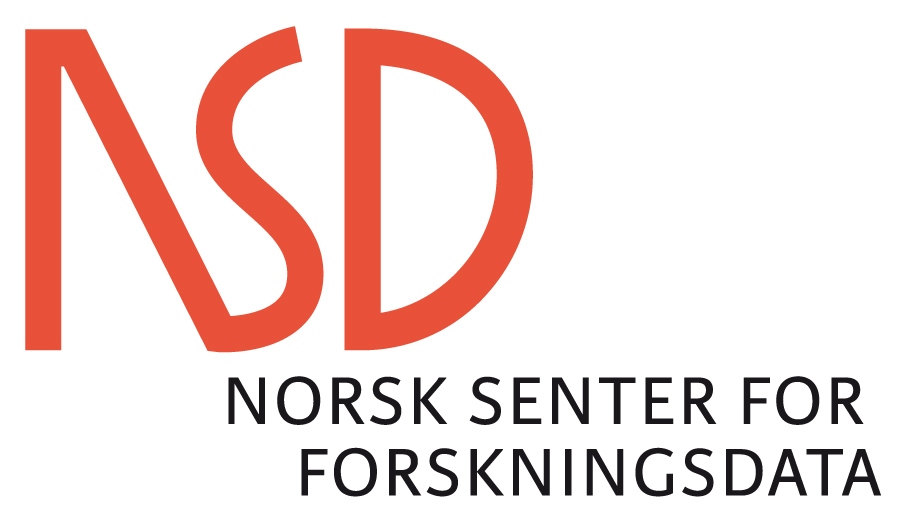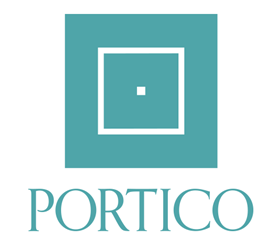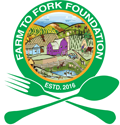Effect of corm size and growth regulators on growth, flowering and quality of gladiolus (Gladiolus grandiflorus L.)
DOI:
https://doi.org/10.5455/faa.1964Keywords:
Gladiolus, corm size, GA3, NAA, growth, flower qualityAbstract
Gladiolus is the 8th most important in the world cut flower trade grown for its elegant attractive spikes and good keeping quality. However, the farmers in Bangladesh have limited access to the scientific cultivation of this crop, and yield and quality production of flower is low compared to other gladiolus growing countries in the world. Growth regulating chemicals have been reported to be very effective in manipulating growth and flowering of gladiolus. Therefore, an experiment was conducted at the Landscaping sec- tion of the Department of Horticulture, Bangladesh Agricultural University, Mymensingh during the period from October 2017 to April 2018 to study the effect of corm size and plant growth regulators (PGRs) on growth, flowering and quality of gladiolus. The experiment consisted of two corm sizes viz., 3.0∼4.0 and 4.1∼5.0 cm, and two PGRs viz. GA3 @ 250, 500 and 750 ppm; and NAA @ 100, 200 and 300 ppm along with tap water as control. The two-factor experiment was laid out in a randomised complete block design with three replications. The results revealed that the corm size and PGRs significantly af- fected growth, floral and quality traits of gladiolus. The highest plant height, maximum number of leaves per plant, longest leaf length, maximum number of florets per spike, longest spike and rachis length were observed in 4.1∼5.0 cm sized corms and GA3 @ 750 ppm, compared to rest of the treatments. Earliness in flower initiation and maximum duration of flower was observed in 4.1∼5.0 cm sized corms and GA3 @ 500 ppm. Significant variations among the treatment combinations were observed for all the parameters studied. The treatment combination of 4.1∼5.0 cm sized corms and GA3 @ 750 ppm was found to be best in respect of growth, floral and quality characters of gladiolus.
Downloads
Downloads
Published
How to Cite
Issue
Section
License
Copyright (c) 2018 by the author(s). This work is licensed under a Creative Commons.

This work is licensed under a Creative Commons Attribution-NonCommercial 4.0 International License.
